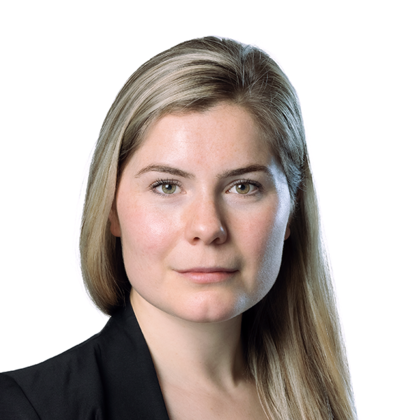Deze website maakt gebruik van cookies, zodat wij u een optimale gebruikerservaring kunnen bieden. Ons Cookiebeleid maakt deel uit van ons Privacybeleid en legt in detail uit hoe en waarom we cookies gebruiken. Om optimaal gebruik te maken van onze website, raden wij u aan om op "Alles toestaan " te klikken. U kunt deze instellingen op elk moment wijzigen via de knop "Cookievoorkeuren bijwerken" in ons Cookiebeleid.
Technische cookies zijn vereist om de website correct te laten functioneren, te voldoen aan wettelijke verplichtingen en om veiligheidsredenen. Sessie-cookies blijven alleen bestaan voor de duur van uw website-bezoek en worden van uw apparaat gewist zodra u uw browser afsluit. Permanente cookies blijven echter bestaan en functioneren bij vervolgbezoeken.
CMS gebruikt geen op cookies gebaseerde Analytics of tracking op onze website; vind meer informatie hier.
Personalisatie-cookies verzamelen informatie over uw surfgedrag en bieden u een gepersonaliseerde gebruikservaring gebaseerd op eerdere bezoeken, uw locatie en/of uw browser-instellingen. Daarnaast maken zij het mogelijk om in te loggen op gepersonaliseerde omgevingen en toegang te krijgen tot hulpmiddelen ("tools") van derden die mogelijk ingebed zijn op onze website. Sommige functies zullen niet werken als u deze cookies niet accepteert.
























Socialemedia-cookies verzamelen informatie over het delen van informatie op onze website via sociale media en/of uw surfgedrag tussen sociale media, onze socialemediacampagnes en onze websites om dit beter te begrijpen. Wij doen dit om de mix van kanalen te optimaliseren via die wij onze inhoud ter beschikking stellen. Details over de gebruikte hulpmiddelen ("tools") kunt u vinden in onze Privacyverklaring.